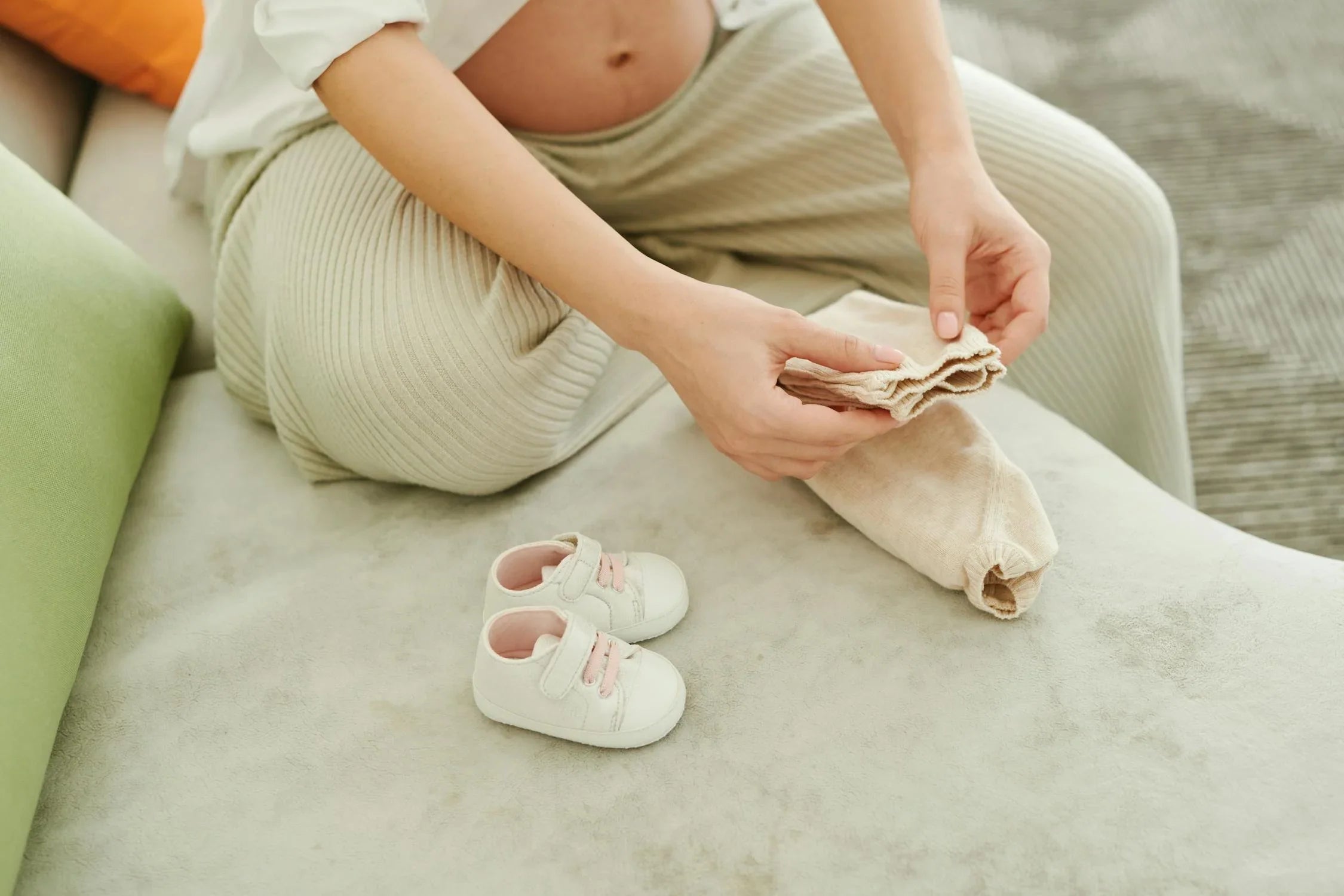Inicio
Pregnancy, Breastfeeding, and Pumping: The Ultimate Guide for Moms
Can Drinking Alcohol Affect a Pregnancy Test? What You Need to Know

Can Drinking Alcohol Affect a Pregnancy Test? What You Need to Know
When it comes to pregnancy tests, accuracy is paramount. Many women wonder whether drinking alcohol can affect the results of a pregnancy test. This article delves into the science behind pregnancy tests, how alcohol interacts with the body, and whether it can influence the outcome of a pregnancy test.
Understanding Pregnancy Tests
Pregnancy tests work by detecting the presence of human chorionic gonadotropin (hCG), a hormone produced by the placenta shortly after a fertilized egg attaches to the uterine lining. Most home pregnancy tests are designed to detect hCG in urine, while blood tests conducted by healthcare professionals can measure hCG levels more precisely.
The accuracy of a pregnancy test depends on several factors, including the timing of the test, the sensitivity of the test, and the concentration of hCG in the urine. Drinking alcohol, however, is not typically listed as a factor that can affect the accuracy of a pregnancy test.
How Alcohol Affects the Body
Alcohol is a substance that can have various effects on the body, depending on the amount consumed and the individual's metabolism. When alcohol is ingested, it is absorbed into the bloodstream and metabolized by the liver. The effects of alcohol can include dehydration, changes in hormone levels, and alterations in the body's normal functions.
While alcohol can affect the body in numerous ways, there is no direct evidence to suggest that it can interfere with the production or detection of hCG. However, alcohol can cause dehydration, which might lead to more concentrated urine. This could potentially affect the concentration of hCG in the urine, but it is unlikely to cause a false positive or false negative result on a pregnancy test.
Can Alcohol Affect Pregnancy Test Results?
The short answer is that drinking alcohol is unlikely to affect the results of a pregnancy test. Pregnancy tests are designed to detect hCG, and alcohol does not interfere with the production or detection of this hormone. However, there are a few considerations to keep in mind.
First, alcohol can cause dehydration, which might result in more concentrated urine. If the urine is too concentrated, it could potentially affect the accuracy of the test. However, most modern pregnancy tests are designed to work with a wide range of urine concentrations, so this is generally not a significant concern.
Second, alcohol can affect the body's hormone levels, but it does not directly impact hCG production. Therefore, it is unlikely to cause a false positive or false negative result on a pregnancy test. However, if you are trying to conceive or suspect you might be pregnant, it is generally advisable to avoid alcohol, as it can have other negative effects on pregnancy and fetal development.
Other Factors That Can Affect Pregnancy Test Results
While alcohol is not a significant factor in pregnancy test accuracy, there are other factors that can affect the results. These include:
- Timing of the Test: Taking a pregnancy test too early can result in a false negative, as hCG levels may not yet be high enough to detect.
- Test Sensitivity: Different pregnancy tests have different sensitivities to hCG. Some tests can detect lower levels of hCG than others.
- Medications: Certain medications, such as those containing hCG, can affect the results of a pregnancy test.
- Medical Conditions: Some medical conditions, such as ovarian cysts or certain types of cancer, can cause elevated hCG levels and lead to false positive results.
When to Take a Pregnancy Test
The best time to take a pregnancy test is after you have missed your period. This is when hCG levels are typically high enough to be detected by most home pregnancy tests. If you take the test too early, you may get a false negative result. If you suspect you might be pregnant but get a negative result, it is advisable to wait a few days and test again.
If you have been drinking alcohol and are concerned about its potential effects on a pregnancy test, it is important to remember that alcohol is unlikely to affect the results. However, if you are trying to conceive or suspect you might be pregnant, it is best to avoid alcohol altogether to ensure the healthiest possible outcome for you and your baby.
What to Do If You Get a Positive Result
If you receive a positive result on a pregnancy test, it is important to confirm the result with a healthcare professional. They can conduct a blood test to measure hCG levels more accurately and provide guidance on next steps. If you have been drinking alcohol, it is important to discuss this with your healthcare provider, as they can offer advice on how to minimize any potential risks to your pregnancy.
Remember, while alcohol is unlikely to affect the results of a pregnancy test, it can have other negative effects on pregnancy and fetal development. If you are trying to conceive or suspect you might be pregnant, it is best to avoid alcohol and focus on maintaining a healthy lifestyle.
Understanding the relationship between alcohol and pregnancy tests can help you make informed decisions about your health. While drinking alcohol is unlikely to affect the results of a pregnancy test, it is always best to err on the side of caution when it comes to your health and the health of your baby.
Compartir

